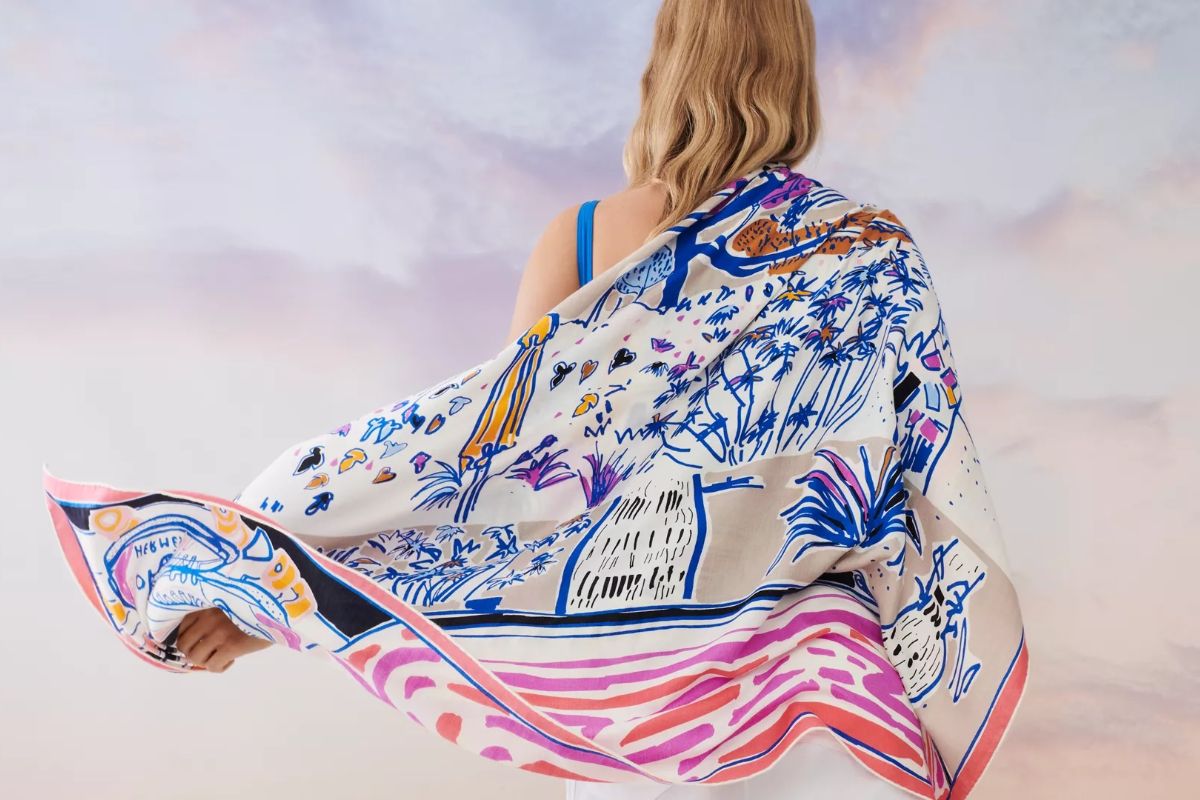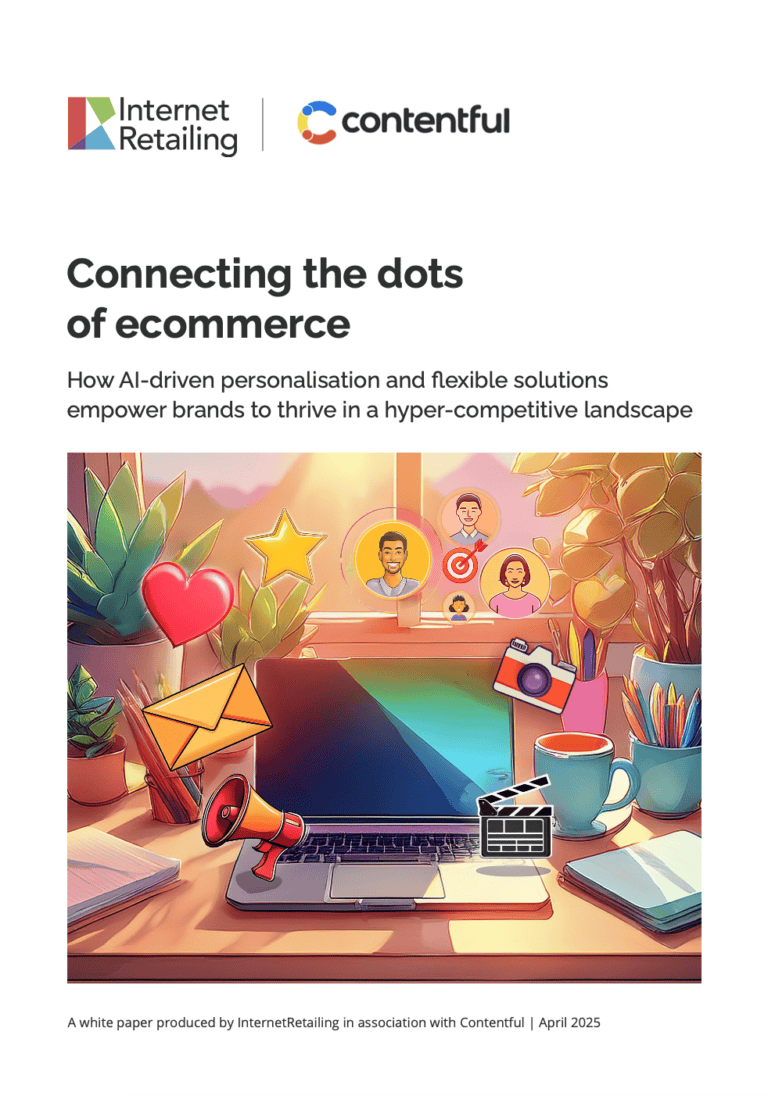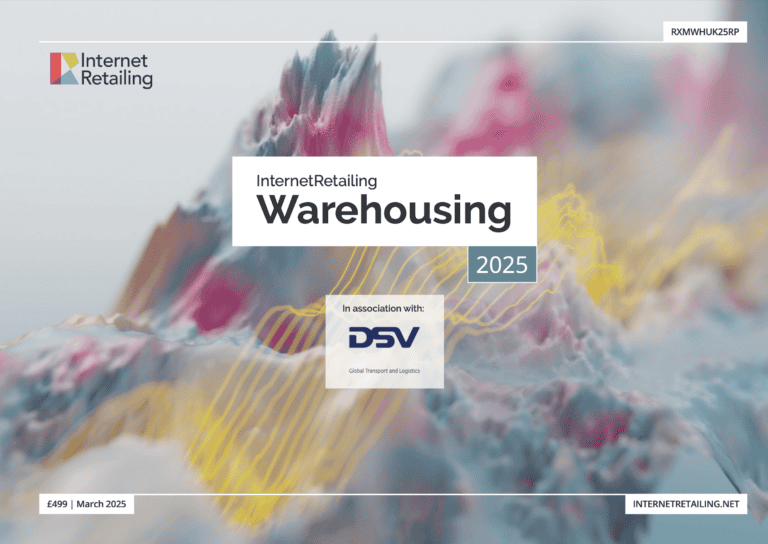Marmite-gate is, it appears, settled. Tesco and Unilever are reported to have come to terms on Unilever’s proposed price rises – and Marmite and Wall’s ice cream through to Bertolli olive oil and Dove and Lynx will soon be available once more on the supermarket’s website.
The contretemps came about when Unilever wanted to put prices up in the face of the falling value of the pound following the EU referendum and was settled after the share prices of both companies fell, apparently in response to the argument. Nonetheless it had important things to say about the challenges facing both brands and retailers in a multichannel world.
Retailers rely on brands
Tesco was set to suffer if it couldn’t offer its shoppers their favourite brands, from Marmite to PG Tips. These brands make up a big part of the difference between the big four supermarkets and the discounters. It’s never been easier to click away from one retailer to find products at another. Those customers that regularly put Unilever products on their shopping lists would no doubt do just that. Retailers from all sectors, from toys through to fashion and health and beauty depend on stocking big-name brands to bring customers through their doors since these are brands that inspire great loyalty in shoppers.
Brands rely on retailers
Brands such as Unilever, which doesn’t as yet sell its products to shoppers direct online, rely on retail partners to make them available. Even where brands do sell direct, their resellers are still very important to them. At InternetRetailing Conference earlier this week, speakers from both Barbour and Lego put great emphasis on their importance of the relationships they have with retailers. Paul Johnson-Barnett, head of distribution at Barbour, said that although the clothing manufacturer sells direct to consumers online, it did not want its direct sales to be its most important sales channel. “We don’t want to be the leading online retailer of our brand,” he said. “We have some great trade partners who are.” Meanwhile, Leif Bode Nielsen, head of omnichannel EMEA at Lego, said: “We like our shoppers and our retailers equally much.” More important than how the brand sells, he said, was the customer experience, no matter how those shoppers touch the brand.
Changing relationships between brands and retailers
More brands are now selling their wares direct online and even through their own stores. Lego, for example, has its own stores – it says its most digital yet will open in London’s Leicester Square later this year. It also sells worldwide via its own website, while also being present on third-party retail websites and in stores. At the same time, retailers are becoming brands that also sell through third-party websites. Waitrose and Sainsbury’s are both selling their own-brand goods – as well as those of third-party brands – over the Tmall Global website in China, while fellow supermarket Morrisons has moved into wholesale supply in its relationship with Amazon and its online grocery service.
At heart, this is all about flexibility and giving the customer access to their products in a way that is most profitable for retailers. Retailer and brand roles are becoming more fluid as, instead of focusing on the traditional rules, both start to put the customer first. There’ll be questions to be answered by both along the way – not least, how can selling direct be a profitable part of the business? But at a time of change in retail, the relationship between the brand and the retailer will no doubt evolve significantly along the way.
This piece was updated on October 14 to reflect the development that Tesco and Unilever had resolved issues.









